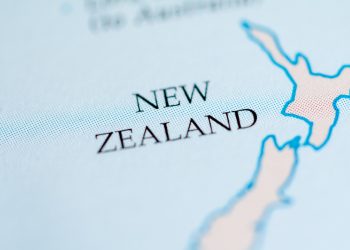New search and rescue rules
New search and rescue rules to clarify how border guards serving in Frontex sea operations should deal with migrants and where they should disembark them were approved by Parliament on Wednesday. The regulation, already informally agreed by Parliament and Council negotiators, should enter into force before this summer.
“These new rules will enable Frontex to respond more effectively and to prevent deaths at sea, thus reconciling our need to ensure security with our duty to protect human rights”, said rapporteur Carlos Coelho (EPP, PT). The draft regulation was approved by 528 votes to 46, with 88 abstentions.
Mandatory rules on search and rescue
The regulation defines “emergency phases” for search and rescue operations and places a clear duty upon units participating in Frontex operations to engage and to save lives. The rules on search and rescue operations and the disembarkation of migrants will only cover operations that are coordinated by Frontex. This should help to dispel confusion created by EU member states’ differing interpretations of international law and practices.
Identifying intercepted migrants
The “operational plan” governing Frontex-coordinated border surveillance operations must henceforth include procedures to ensure that persons needing international protection, victims of trafficking in human beings, unaccompanied minors and other vulnerable persons are identified and given appropriate help. Only after migrants are identified may possible coercive measures be taken (the identification rules are mandatory, whereas the enforcement ones are optional).
Fundamental rights and non-refoulement principle
MEPs tightened up the text to ensure compliance with the “non-refoulement” principle, which says that individuals must not be returned to any country where there is a risk of persecution, torture or other serious harm. Border guards who consider landing intercepted or rescued people in a third country will have to follow certain procedures (e.g. identification, personal assessment, information on the place of disembarkation, etc).
No “pushbacks” at sea or punishment of rescuers
“Pushback” operations on the high seas will be forbidden. Border guards may only “warn and order” the vessel not to enter in the territorial waters of a member state.
MEPs have also inserted a recital saying that “the shipmaster and crew should not face criminal sanctions for the sole reason of having rescued persons in distress at sea and brought them to a place of safety”.
Next steps
The draft regulation still needs to be formally approved by the EU Council of Ministers. It will enter into force on the 20th day following its publication in the EU Official Journal and it will be directly applicable in the member states.
Source: European Parliament News
 IMO, ICS and UNHCR have joinlty prepared a leaflet to provide guidance on relevant legal provisions, and on practicalprocedures to ensure the prompt disembarkation of survivors of rescue operations, and measures to meet their specific needs, particularly in the case of refugees and asylum-seekers.
IMO, ICS and UNHCR have joinlty prepared a leaflet to provide guidance on relevant legal provisions, and on practicalprocedures to ensure the prompt disembarkation of survivors of rescue operations, and measures to meet their specific needs, particularly in the case of refugees and asylum-seekers.





























































